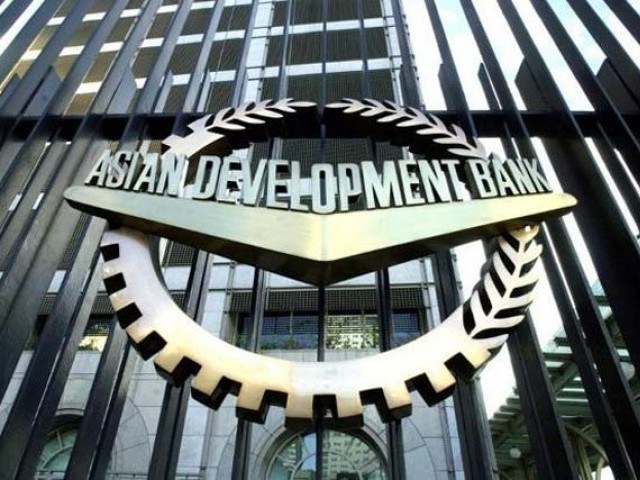The Asian Development Bank (ADB) announced on Sunday that it will increase its financial commitment to food and nutrition security in Asia and the Pacific to $40 billion by 2030, a significant jump from its earlier pledge of $14 billion.
The decision was made during the bank’s 8th Annual Meeting held in Milan, according to an official press release.
The expanded support, amounting to an additional $26 billion, will be deployed to address escalating challenges including climate change, environmental degradation, and persistent food insecurity across the region. ADB President Masato Kanda emphasized that extreme weather events such as droughts, floods, and heatwaves, along with deteriorating natural resources, are increasingly threatening agricultural productivity, food availability, and rural livelihoods.
Kanda noted that the enhanced funding package is designed to help countries reduce hunger, improve dietary quality, and protect ecosystems. The investment will span the full food value chain—from production and processing to distribution and consumption—with a focus on job creation, environmental sustainability, and strengthening of supply chains.
Out of the newly allocated $26 billion, $18.5 billion will be provided directly to governments through ADB financing, while $7.5 billion will be mobilized from private sector sources. The bank anticipates that more than 27% of the total $40 billion commitment will come from private investment by 2030.
The scale of the challenge is significant. Over half of the world’s undernourished population resides in developing Asia, where food systems are responsible for 70% of water use, 50% of habitable land usage, and 80% of biodiversity loss. These systems also employ around 40% of the region’s labor force.
ADB’s new initiative will also prioritize the adoption of digital technologies, improvements in soil health, and conservation of biodiversity to boost productivity and climate resilience. In line with these efforts, the bank is establishing a $150 million Natural Capital Fund, supported by the Global Environment Facility and other partners, to finance agri-food projects that protect natural ecosystems.
Founded in 1966, the ADB is a multilateral development institution with 69 member countries, including 50 from the Asia-Pacific region.




